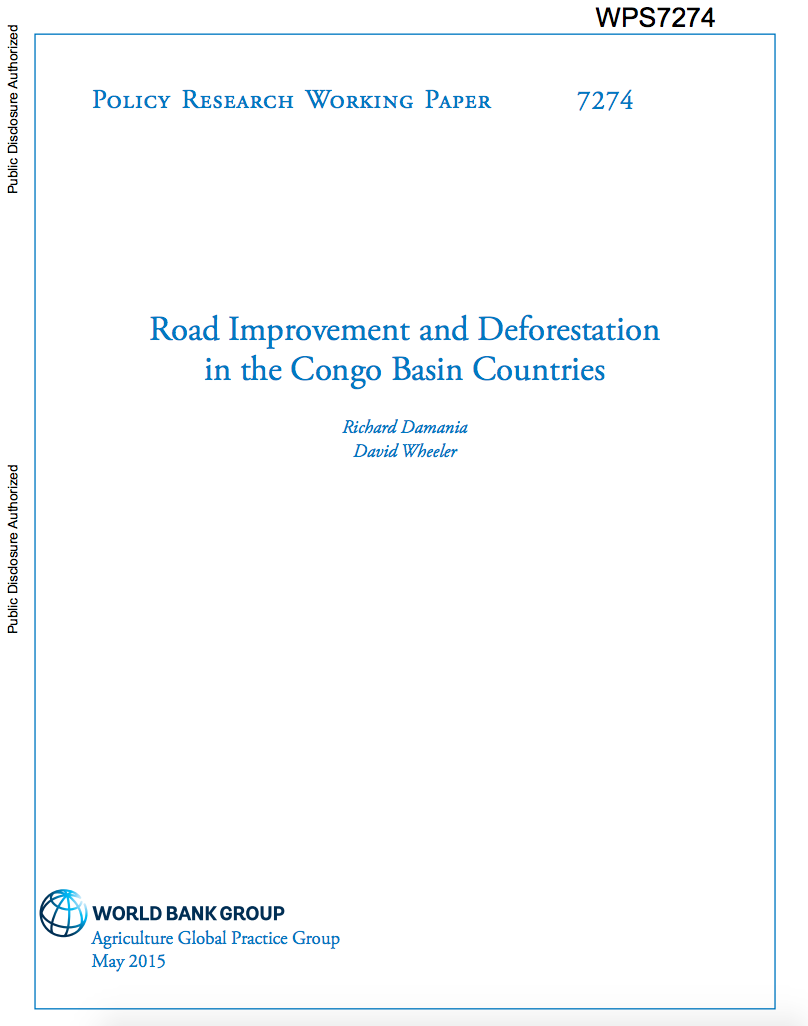Economic, Environmental, and Social Evaluation of Africa's Small-Scale Fisheries
This report is the culmination of a
cross-African countries analytical and empirical study
commissioned by the World Bank, which set out to improve the
understanding of the characteristics and environmental,
economic, and social performances of small-scale fisheries
in Africa. It applies a common evaluation tool, called
Fishery Performance Indicators (FPIs), which evaluates the
ecological, social, and economic performances of a


